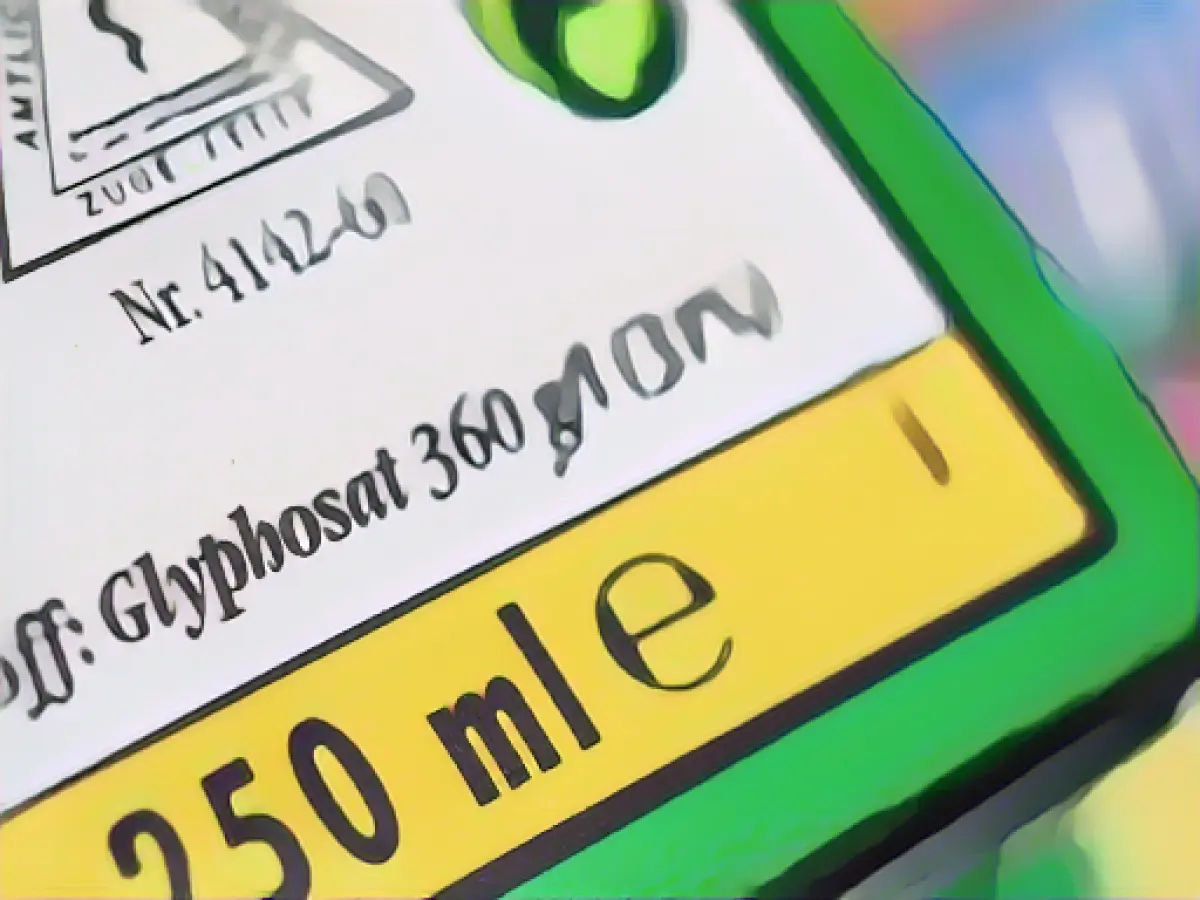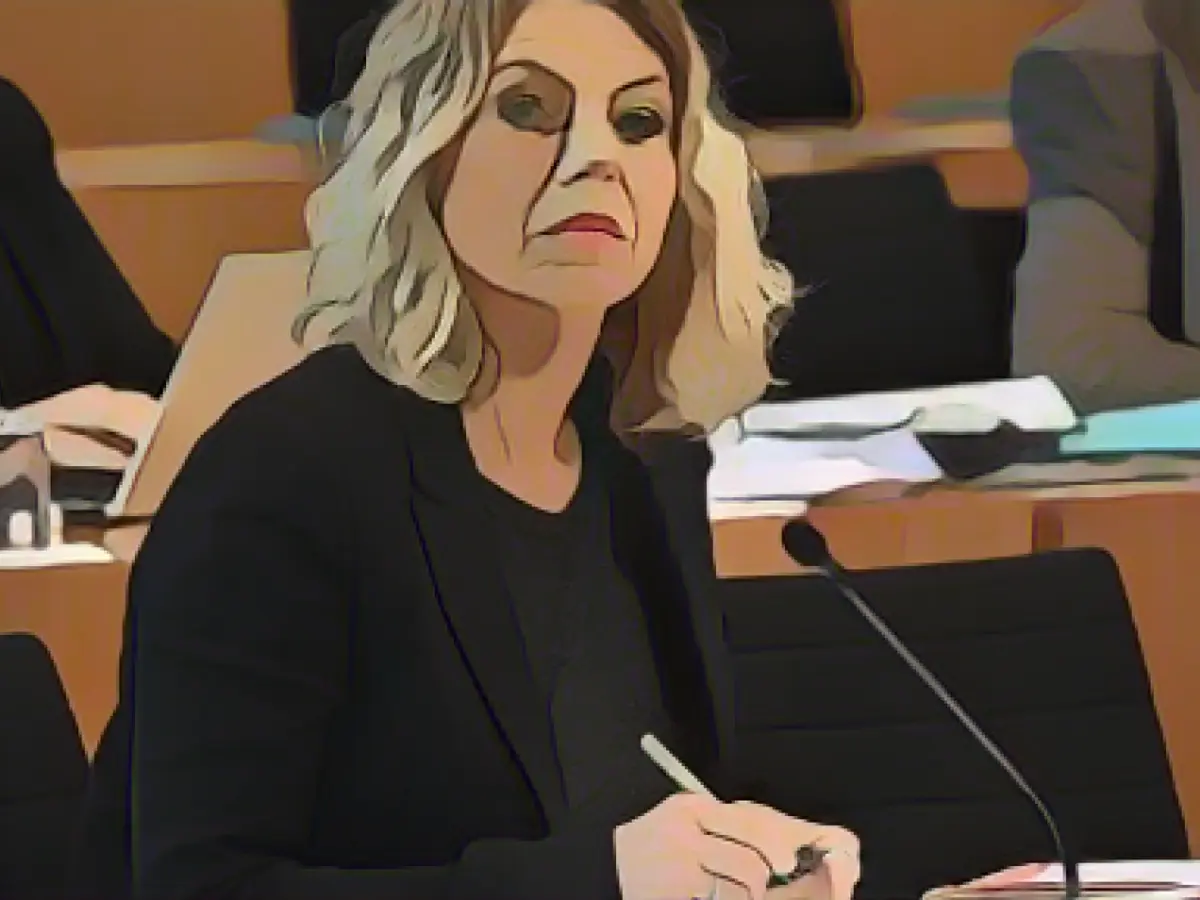EU Prolongs Glyphosate Approval with New Restrictions
The European Union (EU) has prolonged the authorization of the controversial herbicide glyphosate for an additional ten years. This move, announced by the EU Commission in Brussels on Thursday, comes with new conditions and limitations.
The decision has sparked concerns about the impact of glyphosate on agricultural practices and the environment. Advocates for health argue that stricter regulations should be enacted to minimize exposure to this herbicide.
Changes and Limitations
- Scientific Uncertainties and the Precautionary Principle: The approval extension contradicts the 2015 IARC/WHO assertion that glyphosate may cause cancer in lab animals. This decision also goes against the EU Pesticide Law, which calls for the application of the precautionary principle in situations of scientific uncertainty [1].
- Legal Proceedings: Pesticide Action Network (PAN Europe) has initiated steps for a review of the EC decision in January 2024; however, these were rejected. Consequently, PAN plans to challenge the decision at the EU Court of Justice [1].
Environmental Considerations
- Biodiversity and Soil Degradation: The continuation of glyphosate usage is seen as detrimental to biodiversity, soil, and water. Glyphosate can cause soil degradation and reduce biodiversity, which are essential for sustainable agriculture practices [1].
- Monarch Butterfly Habitat: Exposure to glyphosate poses risks to non-target plants, particularly via spray drift, which can harm ecosystems like the monarch butterfly's [2].
- Endocrine Disruptor: Glyphosate is also classified as a potential endocrine disruptor, potentially impacting reproduction and neurological function [2].
Health Issues
- Cancer Risk: The IARC/WHO has classified glyphosate as "probable carcinogen," and lawsuits have been filed against Monsanto (now Bayer) claiming Roundup caused cancer. Bayer has settled over 100,000 Roundup cancer lawsuits, paying out up to $11 billion [2][1].
- Infant Health: Elevated exposure to glyphosate has been correlated with negative effects on infant health, such as reduced birth weight and gestational length, which can lead to lifelong health problems and increased infant mortality [3][4].
- Intestinal Dysbiosis: Glyphosate exposure can induce intestinal dysbiosis, altering bacterial metabolism, intestinal permeability, and mucus secretion. This can lead to systemic diseases, such as Crohn's disease and Alzheimer's [3].
Economic and Social Impacts
- Monetary Consequences: A study by University of Oregon economists Emmett Reynier and Edward Rubin found that the national economic impact of infant health effects translates to between $750 million and $1.1 billion in annual expenses due to pre-term births [4].
- Public Health: Widespread glyphosate use has been tied to increased mortality and pediatric cancer, particularly in areas with high exposure levels. This underscores the need for stricter regulations and public health precautions [3][4].
In summary, the EU's extension of glyphosate approval raises concerns due to uncertainties surrounding its safety, particularly regarding cancer risks and environmental impacts. The decision has faced legal challenges and public health concerns, emphasizing the importance of implementing more stringent regulations and precautionary measures to safeguard both human health and the environment.







